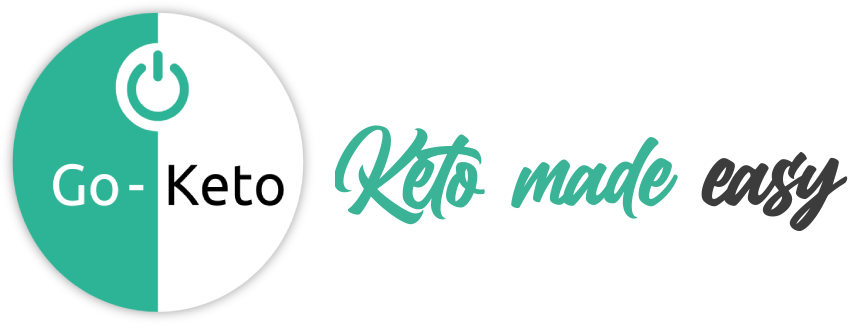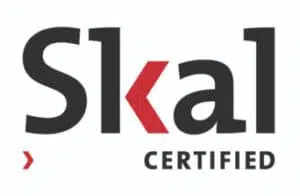When you decide to go on a keto diet, or any other diet, you will have to exclude certain foods or even entire food groups from your meals. A ketogenic lifestyle means sticking to a high-fat diet and drastically limiting your intake of carbohydrates. But logically, you might have some concerns: do I get enough nutrition? Or worse, is it possible to have any nutritional deficiencies?
While the keto diet mostly includes tons of leafy vegetables and nutrient-rich foods like avocados and eggs, it is possible to end up with a nutrient-poor diet. After all, coming up with low-carb, high-fat foods severely lacking in nutritional value is relatively easy if you don’t keep track of what you put into your body.
The best way of ensuring you are getting all the crucial nutrients your body needs for optimal performance, is by incorporating nutrient-dense foods. However, sometimes you might not have access to a healthy meal, or you simply need a little support.
Including supplements in your keto plan is an excellent way of getting all the crucial minerals and vitamins that you might be missing. Furthermore, supplements significantly reduce the chances of experiencing symptoms as keto flu. They also substantially increase body performance, especially when you want to work out while being on a keto diet.
What minerals and vitamins should you look out for while being on a ketogenic diet? And why are these micronutrients so crucial in the body?
Micronutrients: What your body needs constantly
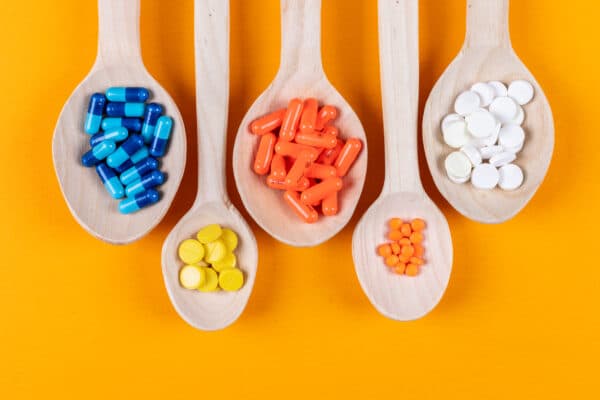
Micronutrients can be seen as one of the major groups of nutrients your body needs, as they include all of your required vitamins and minerals.
Vitamins are good for a number of things. Energy production, building your immune system and blood clotting, for example. Minerals play a large part in various body processes, such as body growth, bone health and fluid balance.
Vitamins and minerals are typically found in proteins, fats and carbs. But micronutrients can also be found in trace amounts and encompass minerals, vitamins, phytochemicals, fatty acids and antioxidants.
Consuming a complete micronutrient profile is vital for:
- Improving your body’s cognitive function
- Boosting your immune system
- Improving bone density and skin health
- Slowing down the ageing process
- Keeping you sharp mentally
Maintaining mental sharpness
As most meals include a plate that is at least half-full of vegetables, getting these nutrients on the keto lifestyle should not be a concern. But be mindful about your intake: you might experience certain deficiencies if you’re only opting for foods with little mineral and vitamin content.
Important minerals and vitamins for your Keto Diet
To effectively plan a nutrient-dense diet, you will need to know which nutrients are of utmost importance, especially when you are doing keto. Below you find the vitamins and minerals you want to incorporate in your keto diet, plus the keto-friendly foods and supplements that contain them.
Sodium and Potassium
As your body tries to lose carbs, it loses a great deal of electrolytes (sodium and potassium). Many people believe sodium should be avoided but it is actually a critical electrolyte. It regulates blood pressure, keeps the water levels balanced, and helps your body to absorb other micronutrients.
Also, potassium is responsible for controlling muscle contractions and regulating body fluids. Lack of either may cause headaches, constipation, muscle weakness, and fatigue, the typical symptoms of the keto flu.
When doing a keto diet, you should try to meet the recommended sodium (3,000-5,000 mg) and potassium (4,500 mg) intake. Keto-friendly sources of potassium include spinach, avocados, mushrooms, salmon, broccoli, and asparagus. You can also add shellfish, broth, pink Himalayan or Celtic sea salt for a healthy dose of sodium in your keto diet. Taking electrolyte supplements can ensure you reach your necessary intake.
Magnesium and Calcium
Many magnesium-rich foods, like whole grains and bananas, are often excluded from the keto diet due to their high-carb content. However, magnesium is responsible for over 300 cellular functions in the body. The recommended intake is 500 mg per day on a keto diet. Low-carb sources of magnesium include oysters, pumpkin seeds, cooked Swiss chard, and spinach.
Calcium is an essential mineral and electrolyte in the body. It keeps your bones and teeth healthy, aids in blood clotting, regulates blood pressure, and helps transmit nerve signals.
The recommended daily intake is 1,000 to 2,000 mg of calcium per day when on the ketogenic diet. Keto-friendly foods rich in calcium include almonds, raw broccoli, cooked kale, cheddar cheese and sardines.
Iron
It is good to take in a daily healthy dose of iron. About 8 mg is the recommended daily intake. Iron-rich keto foods include eggs, cooked spinach, meat, soybeans and dark chocolate. Keep in mind, a deficiency of iron is common, even when you are not on a diet. When your intake of iron is low, you may experience fatigue, paler skin and lethargy. Iron supplements can help you with ensuring that your iron levels are always on point.
Vitamin C and K

Vitamin C is a powerful antioxidant that keeps bad cholesterol at a distance. Additionally, it helps synthesise collagen, which keeps your muscles and blood vessels healthy and strong. This vitamin is often associated with citrus fruits like oranges and lemons. However, broccoli, pepper, kale, spinach, cauliflower, and cabbage are all great sources. Therefore, unless you skip your vegetable servings, your susceptibility to low vitamin C is very minimal.
Vitamin K is essential for transporting calcium through the body and blood clotting. You should not have a problem hitting your recommended intake if you are eating good amounts of leafy greens.
Omega-3 Fatty Acids
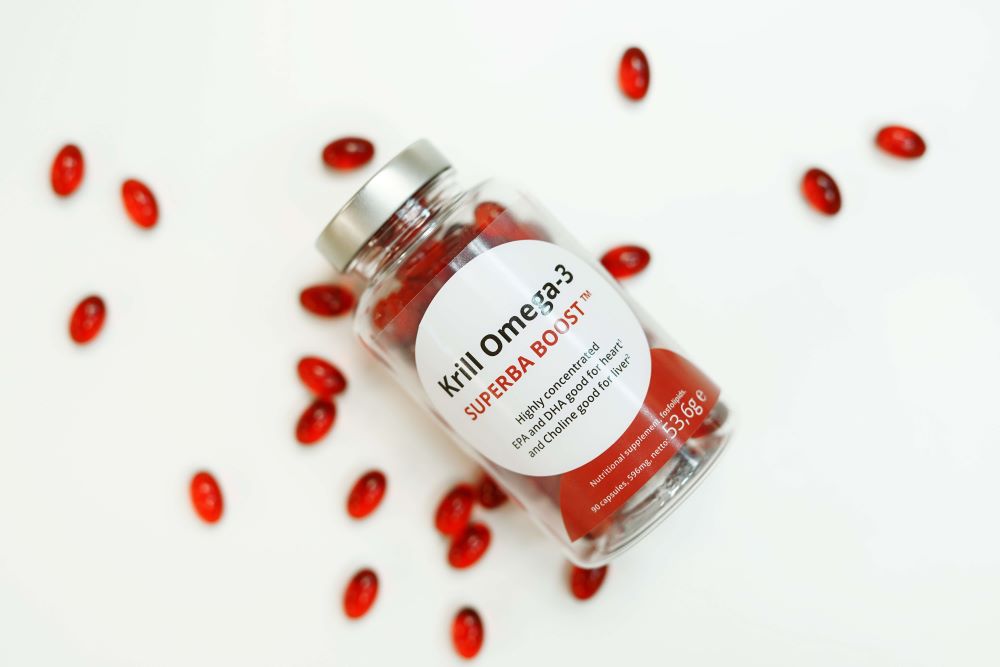
Omega-3 fatty acids are vital for keeping a balanced diet as they help reduce overall inflammation and contribute to brain development and cardiovascular health. Salmon, sardines and other fish are all excellent sources of omega-3 fatty acids. But sometimes, you might not have fresh fish at your disposal. Taking omega-3 supplements when on the ketogenic diet helps balance your omega-3 to omega-6 ratio while decreasing your susceptibility to inflammatory complaints.
With proper planning, monitoring, and supplementing when needed, you can totally meet your daily vitamin and mineral requirements while staying on your keto diet. Be sure to check our Krill Oil Omega-3, electrolytes, and MCT oil supplements for optimal nutrition and a more comfortable transition to keto dieting. And remember to keep your protein intake in check by snacking away on one of our keto MCT protein bars.
Polyphenols
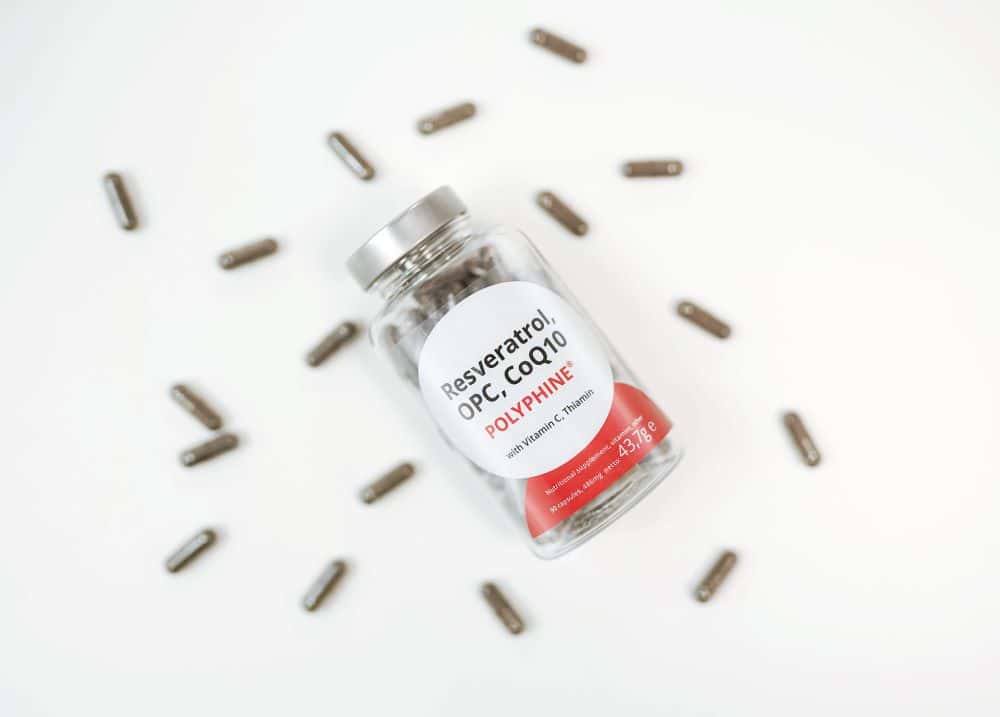
We all know – proteins, fats, carbohydrates, certain vitamins and minerals, and so on. But just as important are polyphenols or phytonutrients. We know that these are good for us. But there is no prescribed recommended daily intake. Polyphenols are produced from plants and are known as the antioxidants. Polyphenols are plant substances, which are often found in fruits and leaves. Many scientific studies confirm that polyphenols contribute to a healthier body. “If you eat polyphenols, your intestine will turn into active antioxidants”, says famous American MD Dr. Steven R. Gundry.
Of all the fruit and vegetables grapes are for sure the most interesting. The skin, the flesh and the pit all have different polyphenols. Together creating a powerful mix including resveratrol, flavonols, anthocyanins and many more. Check out Polyphine-Good for Heart and Polyphine Good for Joints.
